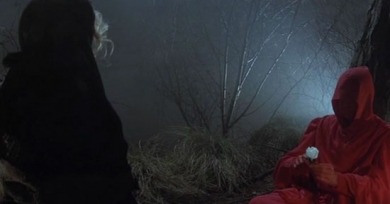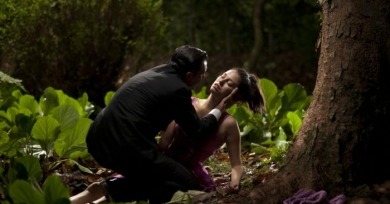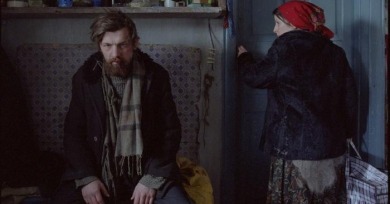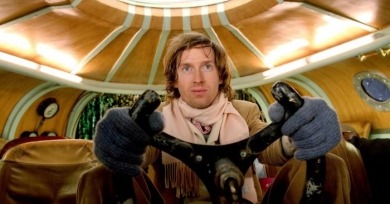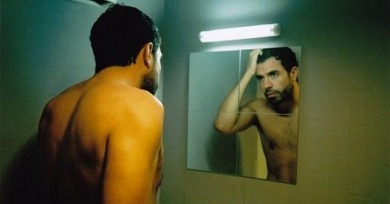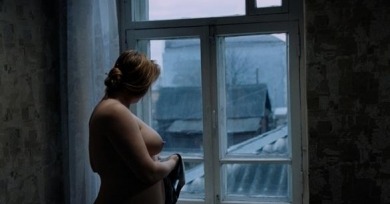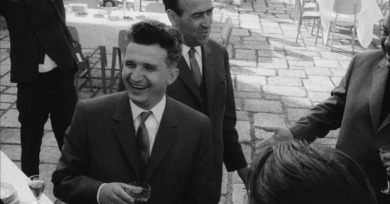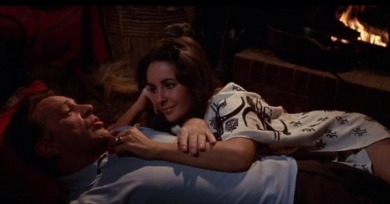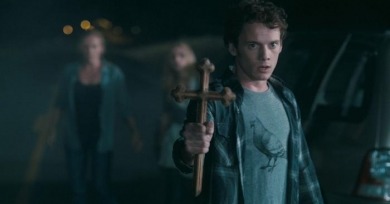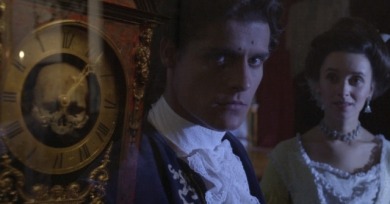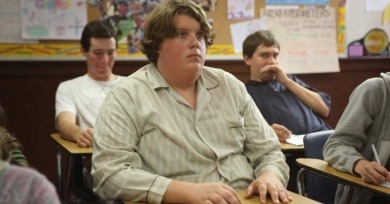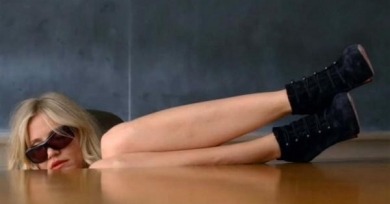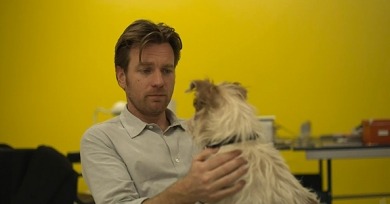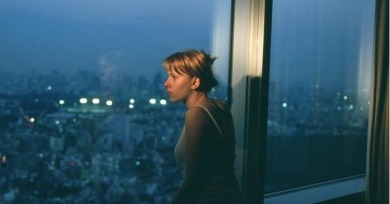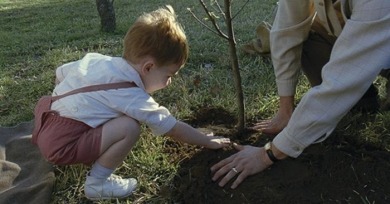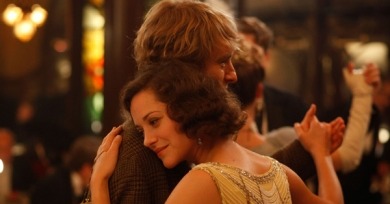Michael Koresky
Thus we get chestnuts such as “A family seems like an archipelago” and “What is it that makes the women in my life want to destroy themselves?” These lines undermine rather than deepen a character who’s richest when Payne and Clooney feel most ambivalent about him.
How are movies meant to be watched? The question inevitably, frustratingly, then raises a second question: What is a movie?
The Masque of the Red Death, Lost Highway, Whistle and I’ll Come to You, Kill List, The Howling, Dr. Jekyll and Mr. Hyde, Fear(s) of the Dark
The Shining turned out to be, paradoxically, Kubrick’s most controlled and most chaotic film, an exquisite structure that finally busts apart, as though with an axe.
As he proved in Bad Education, Volver, and especially Broken Embraces, Almodóvar has grown increasingly lousy with exposition. Once the back story starts coming fast and furious here, the film is helplessly revealed as a precarious structure—which it needn’t have been.
The fact that such a heavily allegorical, narratively tricky film would incite anger is a testament to the inherent power of Loznitsa’s imagery; the cumulative impact of My Joy’s many jarring episodes announces him as a potentially major filmmaker.
For our thirtieth symposium, we asked our writers to consider at length the movie that they believe to be the worst in a single filmmaker’s career. However, “worst” could be applied in any way our writers interpreted it.
If Weekend felt at all like a treatise on the State of Being Gay Now the easygoing charm that makes it so special would have been obscured.
There’s a voiceover buzzing through Alexei Fedorchenko’s brief, impressionistic, and sentimental Silent Souls, and it’s eager to tell you how to absorb what you’re watching.
The Autobiography of Nicolae Ceauşescu—a thrilling three-hour whirlwind through tumultuous late twentieth-century Romanian history that focuses exclusively on the deposed president and tyrant—reminds us that the public face is often all we are privileged to see.
It was made right in that not-so-sweet spot in the middle of the decade, when audiences refused to see anything that didn’t feature Julie Andrews spinning on a mountaintop and when producers were trying to appeal to younger, more progressive audiences without giving up on their waning stars and once tried-and-true formulas.
Colin Farrell, first appearing on his front lawn in a seductive glower and matching black tank-top, is a vamp of the highest order—the role gives the Irishman a chance to strut his sundry stuff; his sexy swagger and comic chops are both on full view.
It’s clear that Ruiz wishes to envelop the viewer in lush, traditional storytelling; this being wily Ruiz, though, Mysteries of Lisbon foregrounds that storytelling to a nearly absurd degree.
The terror of teenhood is in full flower in Azazel Jacobs’s alternately disarming and discomfiting Terri. Mostly gone is the (intentionally) coddling warmth of Jacobs’s breakout, the melancholic and marvelously musty Momma’s Man.
Most damning, though, is that the film refuses to answer the one basic question that must have come to mind for anyone who watched even the trailer: What’s her story?
Check out Reverse Shot's inaugural foray into video film criticism and the failure of video film criticism. We look at Taxi Driver, Hannah and Her Sisters, and their varying visions of New York.
There won’t be a dry cheek in the house after sitting through Mike Mills’s tearjerker Beginners, but that’s only because of all the cuteness that practically drips off the screen.
We looked at these “matched-set” essays as exploratory exercises, not excuses for “they don't make ’em like they used to” screeds or, on the other side, reassertions that independence equals truth and Hollywood is inherently artificial.
After a first viewing of Terrence Malick’s The Tree of Life, the only response can be an ecstatic litany of the tiny, seemingly mundane moments that holistically create its world.
The surprise of Midnight in Paris is that Allen goes on to acknowledge that magic as a mirage. The charm of the film is that he does so while retaining that very magic. It’s a lovingly conceived and crafted bauble of a film, one of Allen’s one-note, high-concept fantasies.


